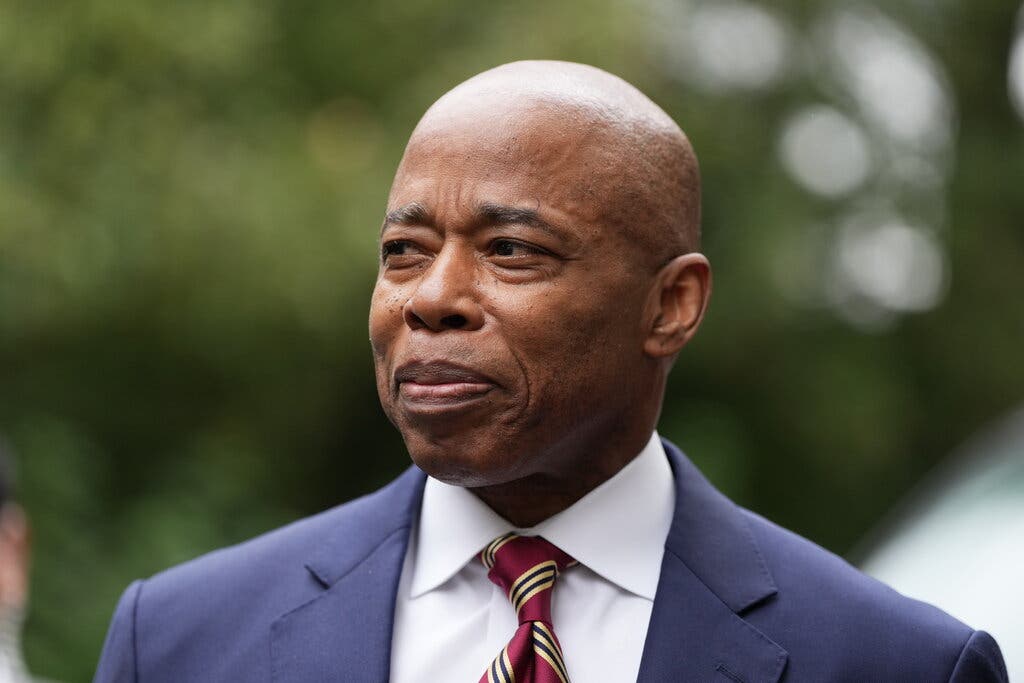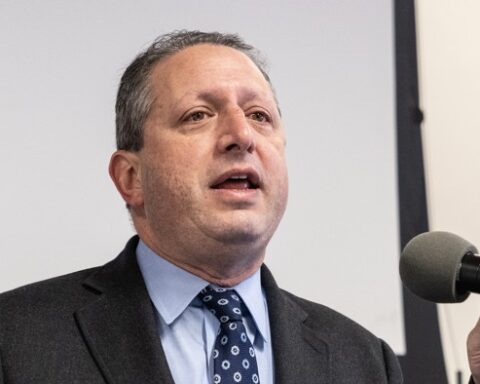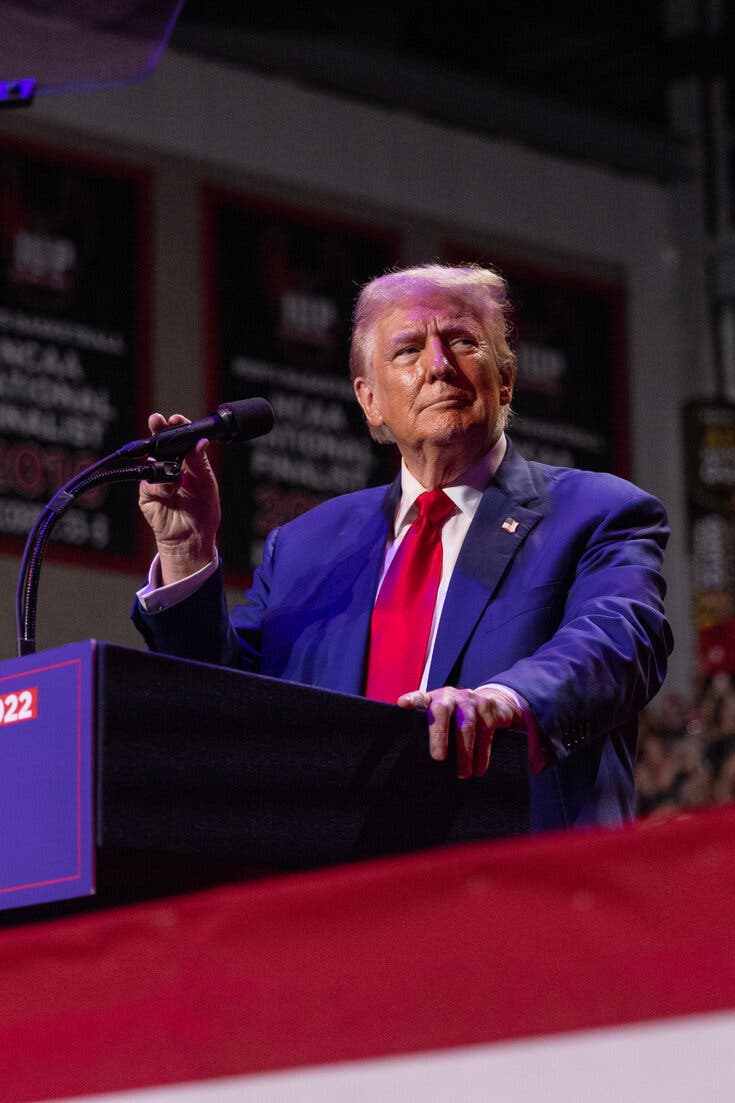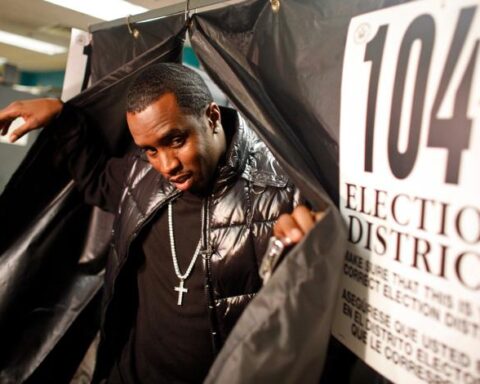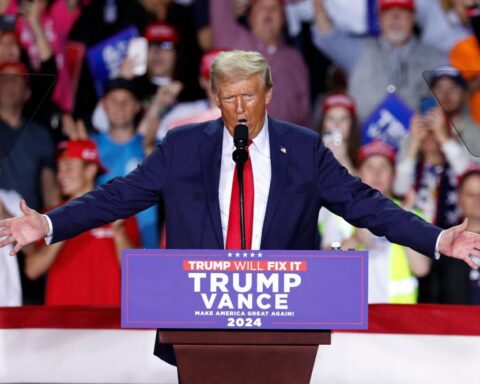Unraveling the Implications of Criminal Charges Against NYC’s Mayor and the Future of Leadership in the City
The recent criminal charges against New York City Mayor Eric Adams have sparked considerable concern among corporate leaders about the city’s political landscape. Indicted on five counts, including fraud, bribery, and soliciting illegal campaign donations from abroad, the case has dominated headlines and eclipsed the ongoing presidential race.
Despite the allegations, which span back to his tenure as Brooklyn borough president and continue through his mayorship, Adams remains steadfast, pledging to stay in office and contest the charges. However, the business community is holding its breath, assessing the fallout and pondering potential successors.
Prosecutors allege that Adams accepted favors from Turkish individuals in exchange for assistance with municipal issues, raising serious ethical questions about his conduct. One particularly striking exchange was revealed in the indictment:
Ocal: “I am going to charge $50.”
Abbasova: “No.”
Ocal: “That would work, wouldn’t it?”
Abbasova: “No, dear. $50? What? Quote a proper price.”
Ocal: “How much should I charge? :)”
Abbasova: “His every step is being watched right now. $1,000 or so. Let it be somewhat real.”
As the legal process unfolds, business leaders have opted for caution. Kathryn Wylde, CEO of the Partnership for New York City, emphasized the need to allow the legal proceedings to play out, underscoring a measured approach from the corporate sector.
Billionaire financier Bill Ackman, initially supportive of Adams, shifted his stance following the indictment, stating, “Sadly for NYC and for the Mayor, the complaint against @ericadamsfornyc is devastating and credible.” This sentiment reflects a growing concern within the business community regarding the mayor’s ability to lead amidst these serious allegations.
Despite the tumult, many executives believe Adams might retain his position for now. The local economy appears resilient, even as concerns about homelessness, crime, and quality of life persist. Some speculate that unless pressure mounts from top Democratic leaders in the state, Adams may have the latitude to fight the charges while remaining in office.
New York Governor Kathy Hochul acknowledged the situation, describing it as part of “a disturbing pattern of events” and urged Adams to “review the situation and find an appropriate path forward.”
Looking ahead, speculation regarding potential successors has intensified. Among the declared candidates for the 2025 Democratic mayoral primary are Brad Lander, the city’s comptroller, and Scott Stringer, Lander’s predecessor. Both candidates are seen as leaning to the left of Adams, though Lander has attempted to distance himself from this perception. Additionally, more centrist challengers like Kathryn Garcia could emerge as contenders, further complicating the political landscape.
As the situation continues to evolve, the intersection of legal proceedings and political ambition will undoubtedly shape the future of New York City’s leadership, leaving both business leaders and citizens keenly observant of the unfolding drama surrounding Eric Adams.
4o mini



